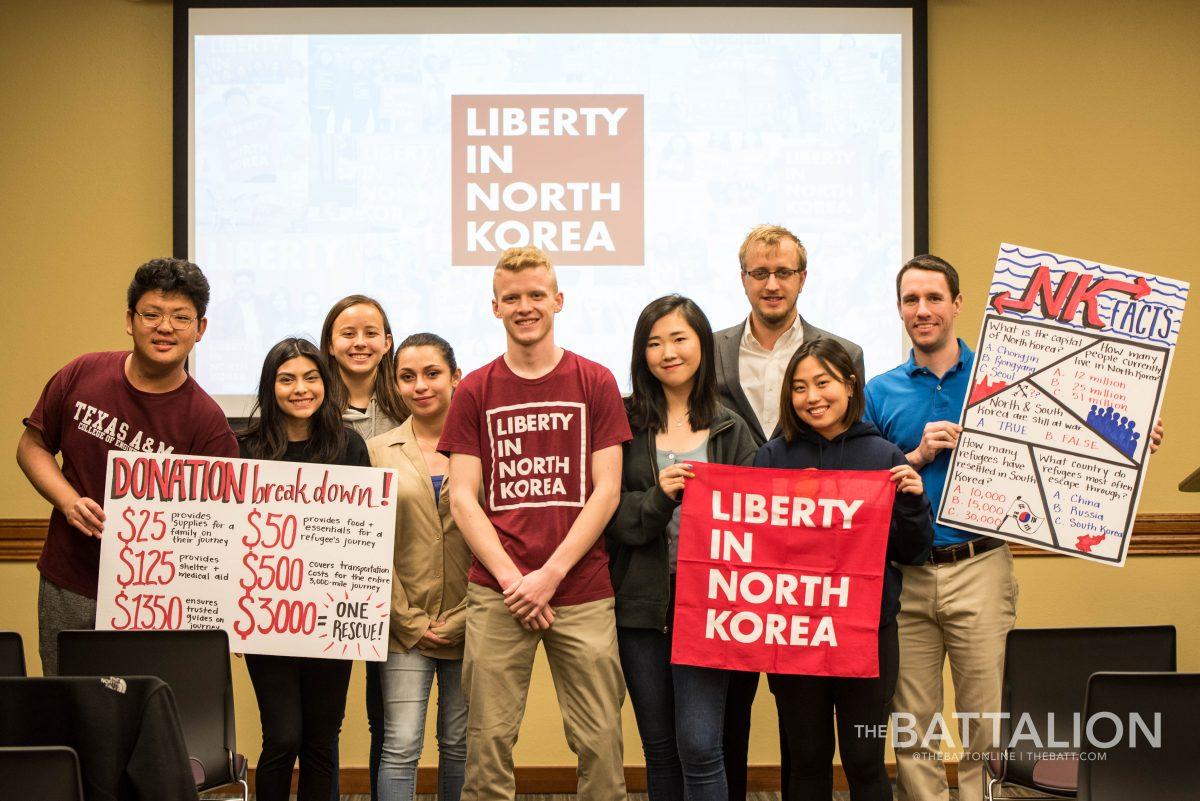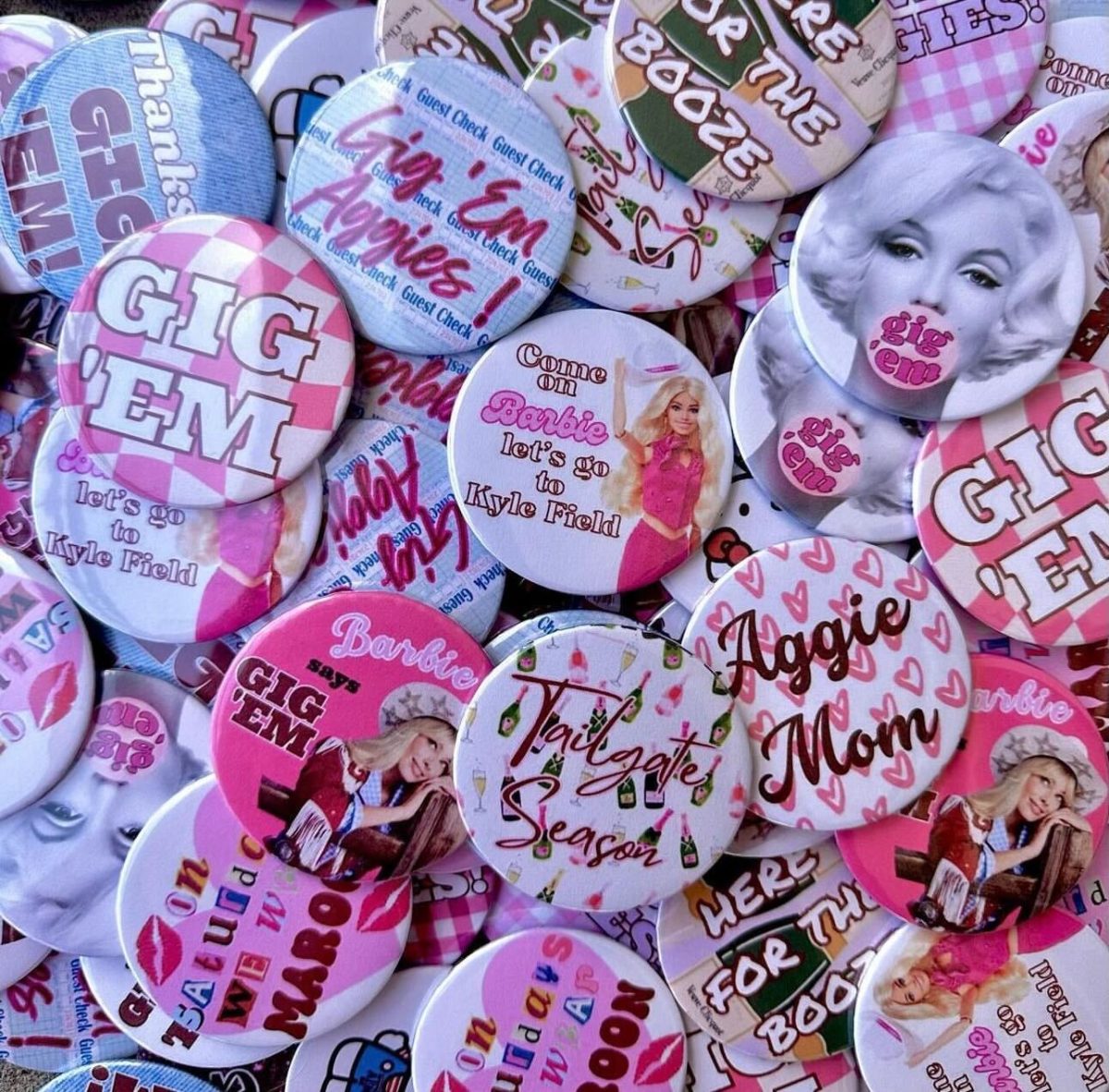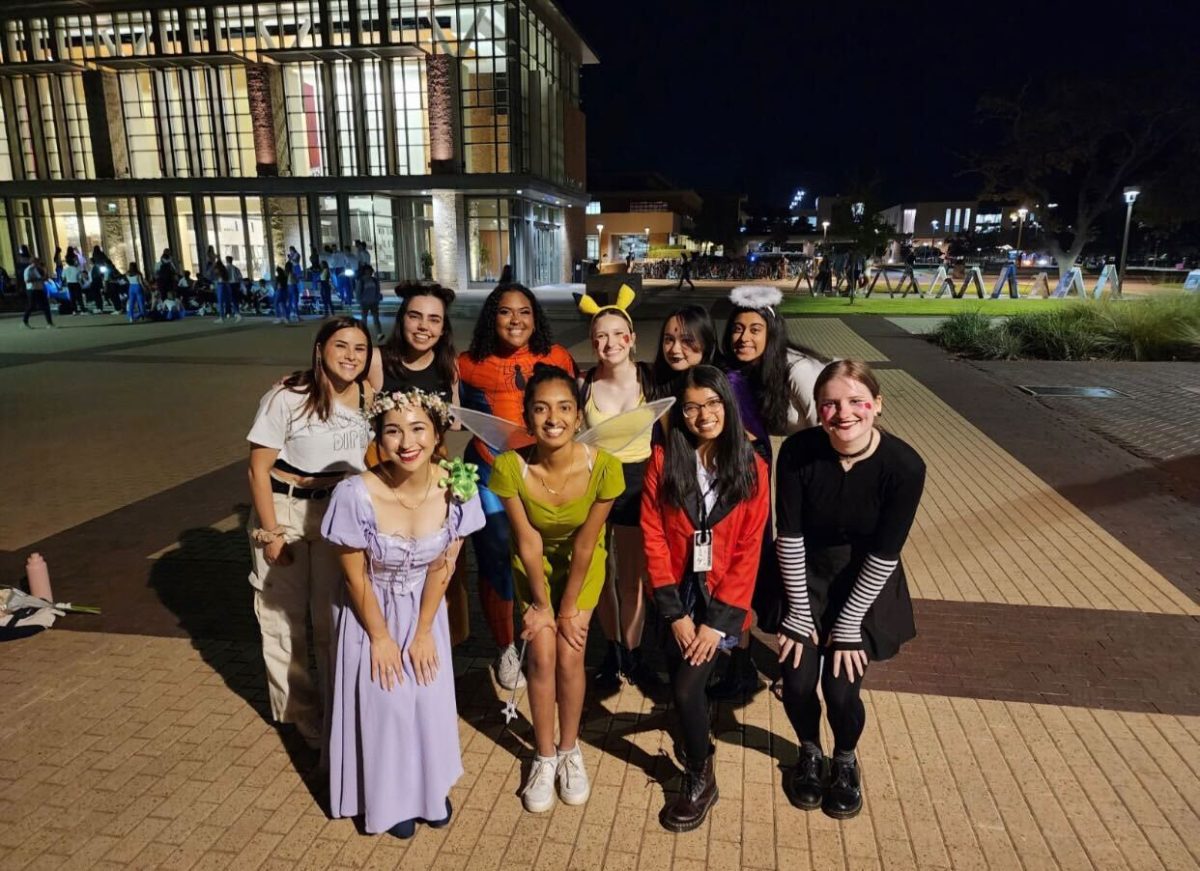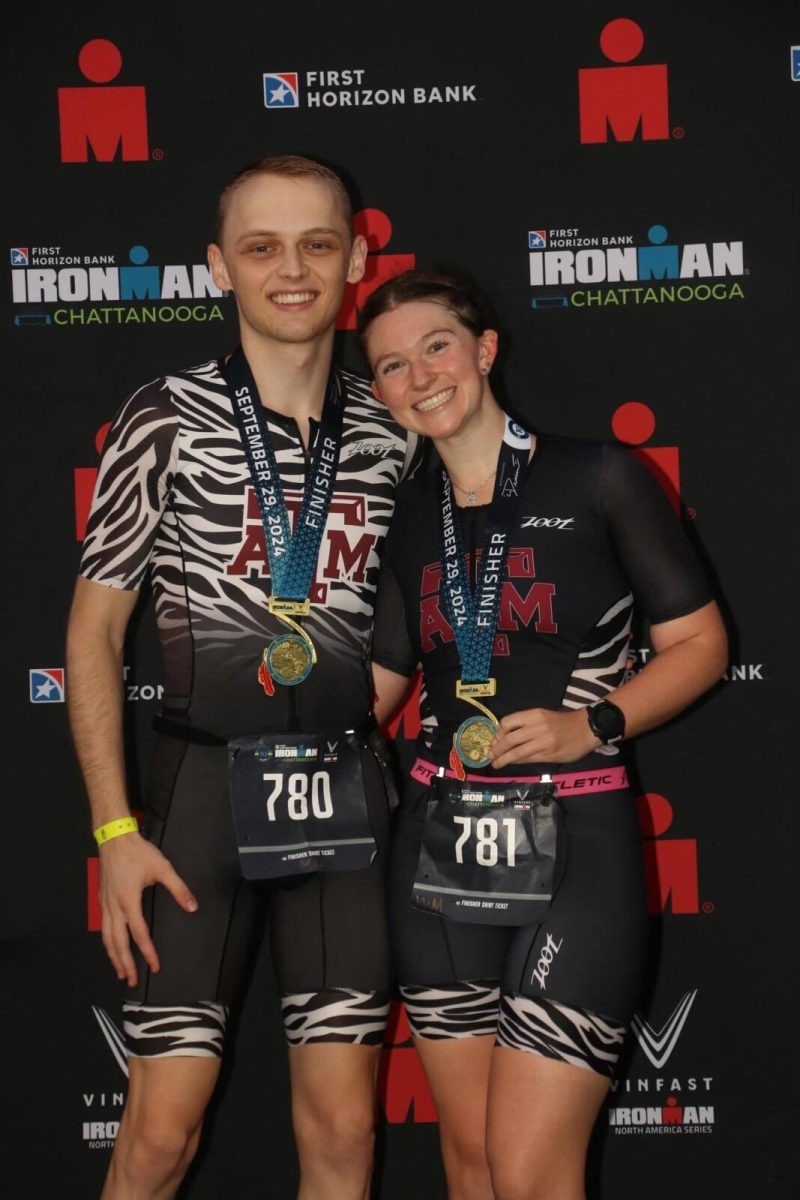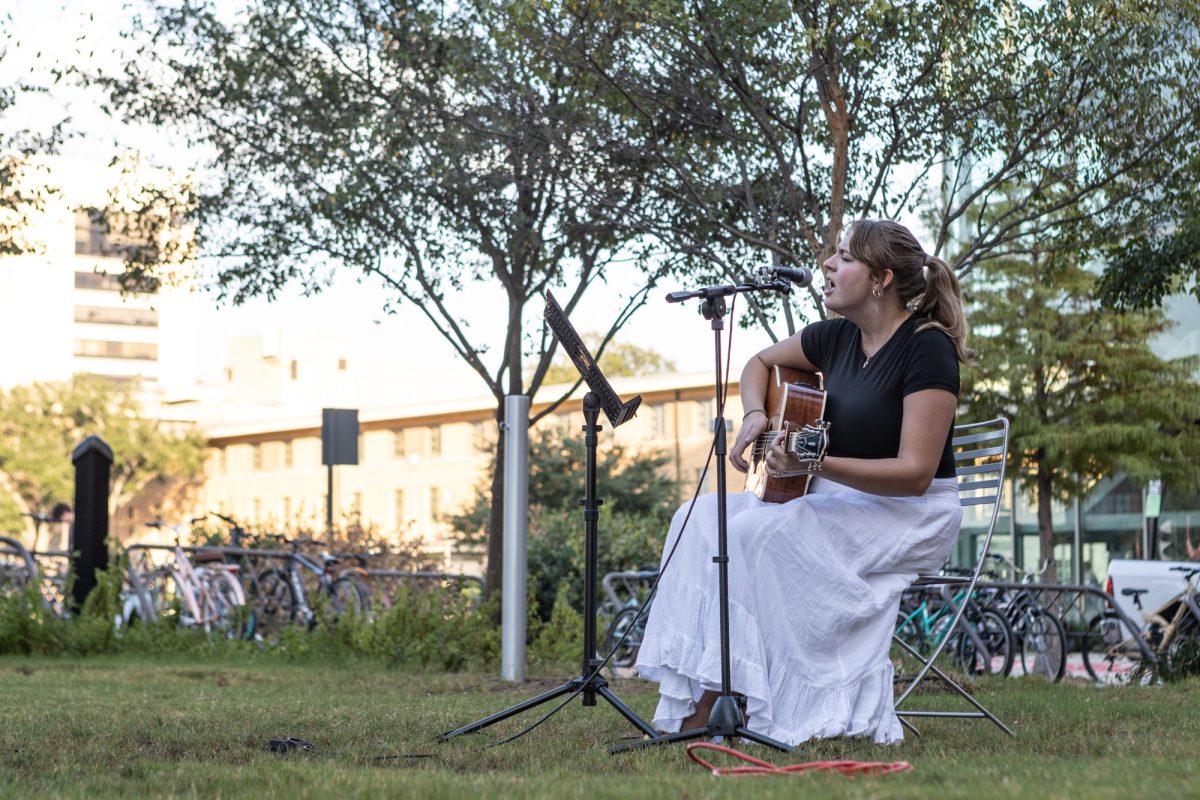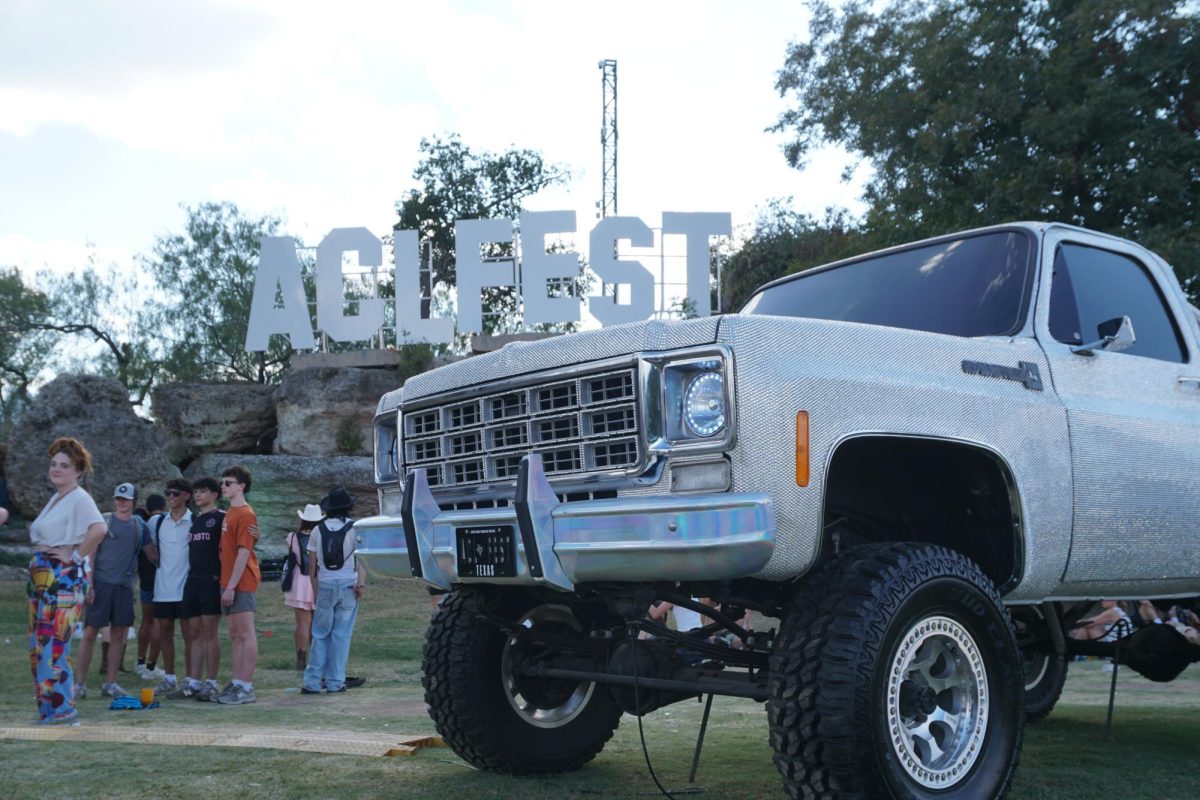Thousands of North Koreans make a dangerous journey to defect, braving stringent border control and the risk of forced repatriation. Most defectors partake in a treacherous crossing of the Tumen or Yalu rivers along Korea’s Northern border with China. These attempts are made across the frozen river in winter or through the flowing waters. This route through China is made necessary as North and South Korea remain divided by the DMZ, one of the most heavily fortified borders in the world. According to the Ministry for Unification, 33,022 North Koreans entered South Korea as of June 2019 since the first defections in 1948.
After arriving in China, defectors’ dangerous journey is far from over. Following China’s strict repatriation laws, refugees encounter discrimination and exploitation due to their illegal status in the country.
In efforts to help these defectors, the nonprofit organization Liberty in North Korea, also known as LiNK has assisted 1,201 refugee rescues over 10 years operating from their U.S. and South Korean sites. Organizing rescue missions to help refugees safely cross China’s borders, LiNK utilizes a modern-day underground railroad. Each rescue mission provides for the basic needs, transportation costs, and housing of refugees as they traverse the three thousand-mile journey to freedom in Southeast Asia.
Marie Kim, marketing and communications coordinator at LiNK’s headquarters in Long Beach, California, creates campaigns and produces media content for the organization’s global audiences. Kim’s social media work involves posts that are educational about the issue and feature North Korean defectors’ stories.
“So a large part of LiNK’s work that I take part in is ‘changing the narrative,’” Kim said. “Creating a new perspective, showing a new side, showing the side of the people.”
According to a mass email from LiNK’s CEO Hannah Song, rescue missions are further compromised due to China’s travel restrictions and increased identity checks enforced in efforts to combat the coronavirus. In response, LiNK is utilizing this time to prepare for an influx of refugees in the future and “lay the foundation for a more robust rescue network that is capable of helping more people reach freedom.”
“With borders closing down because of coronavirus or stricter crackdowns on North Korean refugees, we can only hope to adapt to these changes in our work,” Kim said. “I think that it is something that is a challenge, but it’s something that we are prepared to do.”
Joseph Han, Texas A&M Class of 2016, crossed the Tumen River in 1999 at the time of the Arduous March, North Korea’s devastating famine. Now Joseph Han is the first North Korean defector to earn a Ph.D. in natural sciences or engineering in the United States.
Since he was 13 years old, he wanted to be a physicist, Han said. He studied at one of the top colleges in North Korea, the University of Natural Science.
“It was banned for us to access science books imported from other countries,” Han said. “Sometimes I smuggled some books. I had to because in North Korea it was banned.”
LiNK is made up of 275 rescue teams in 16 countries. Rescue teams work to raise money and awareness about North Korean refugees.
A&M’s rescue team raised over $4,000 and boasts the funding of an entire rescue mission. A former advisor to the Texas A&M LiNK chapter and A&M researcher, Han has spoken at several events hosted by the team.
“We see North Koreans as agents of change,” Kim said. “I think it is so important that we empower North Korean refugees because they have the most powerful voice on this issue.”
Brianna Zuniga, event coordinator for the Texas A&M LiNK chapter, first heard about LiNK in the spring of 2018, the semester the chapter was founded.
“We are an a-political, non-religious non-profit that advocates for refugees who have escaped from North Korea,” Zuniga said. “I’ve been so in love with all of the work that Liberty in North Korea has done.”
The chapter hosts events and tables on campus to spread awareness and change the narrative about the people of North Korea.
“Although there are a lot of misconceptions about North Korea and the country, we are a group that advocates for the people who are living in that country that are being oppressed right now,” Zuniga said. “That are seeking freedom and liberty outside of their home place and are trying to survive on their own.”
Han lived in China for over three years before traveling to Southeast Asia. Without a legal status in China, refugees face exploitation as well as human trafficking.
“I worked, but then I couldn’t get a salary and I worked harder because Chinese could take advantage of our status.” Han said. “You cannot complain anywhere, there’s not any human rights activists there.”
Once out of China, Han was helped by the pastor of a church in Myanmar to reach the South Korean Embassy in Yangon from where he could safely travel to South Korea.
“If you look at the breakdown distribution of a rescue mission it costs $3,000, so [that] goes towards providing safe transportation and shelter over the three thousand-mile journey from Northern China into Southeast Asia,” Zuniga said.
According to Han, LiNK is important to help refugees, but also to help get information into North Korea. While watching material from outside of the country can be very dangerous, videos produced or dubbed by South Korea are very popular. As a christian, Han says he looks forward to a day when North Korea becomes an open country where he can share his testimony and the gospel with his countrymen in freedom.
“LiNK can try to spread information from outside of North Korea into North Korea, that is important,” Han said. “When I was young, I thought that North Korea was the best country in the world.”
Some of the biggest challenges to refugees are a lack of English proficiency, education and job training. LiNK has successfully resettled 1,179 refugees in South Korea and 22 in the United States, offering one-on-one resettlement support for refugees.
“North Korean defectors are victims and should be settled in other societies,” Han said.
One hundred percent of the proceeds from A&M’s chapter goes to refugees. Through their work, the organization also strives to educate individuals about the issue.
“There are so many reasons why people wouldn’t want to take a second to talk to somebody about it,” Zuniga said. “But when we’re intentional about confronting those apprehensions and those stigmas about this association or this people group or this issue as a whole, it gets us one step closer to helping more people.”
According to Kim, liberty in North Korea remains LiNK’s main vision. By enabling awareness both outside and within the country, LiNK aims to support North Koreans to decide what is best for their country.
“I hope to see more North Koreans reach freedom, I hope to see more North Koreans thrive in their new free lives, to see their children born into freedom. I want to see more North Korean families reunited,” Kim said. “I hope to see a free North Korea and I hope that LiNK is a part of it and we continue to support the North Korean people in innovative and extensive ways.”
LiNK’s work is inspired by the saying “people over politics,” arguing that no matter the diplomatic relationships countries have, individuals should care about those suffering human rights abuses.
“Most people try to focus on the nuclear issue. That is important because it is cross-related to the security of the United States, but the human rights issues are important because we are human,” Han said. “As people, we love people. We have to be compassionate for people living in North Korea.”
Change the narrative – Liberty in North Korea helps bring refugees to freedom
March 18, 2020
Photo by FILE
Members of the Texas A&M chapter of Liberty in North Korea raise funds to help rescue North Korean refugees.
0
Donate to The Battalion
Your donation will support the student journalists of Texas A&M University - College Station. Your contribution will allow us to purchase equipment and cover our annual website hosting costs.



